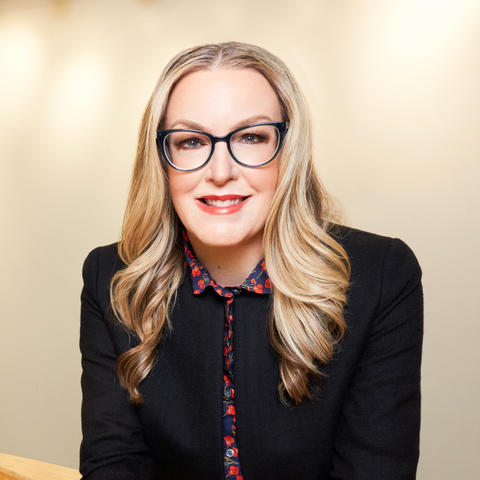Section Branding
Header Content
Biden visit underscores MLK's legacy and Atlanta's prominence on the global stage
Primary Content
Blue skies and sunshine greeted Air Force One at Atlanta's Hartsfield-Jackson Airport this morning while a cloud of classified documents dominated discussions on the Sunday TV talk shows.
After President Joe Biden's motorcade made its way to the historic Ebenezer Baptist Church, the Atlanta pulpit from which civil rights leader Martin Luther King Jr. ministered for eight years before he was assassinated in 1968, the focus shifted fully to King's legacy and its place in redeeming the soul of America.
The “soul” theme, which in his lifetime defined King’s mission as spiritual rather than political, remains a favorite in the Democratic speechwriting canon, especially this year after a recent series of high-profile elections transformed Atlanta into a battleground for more than politics. Today's speaking engagement, hosted by Ebenezer’s senior pastor and U.S. Sen Raphael Warnock, provided the president — and a global audience — a rare glimpse into the intersection of faith and politics that keeps this city in the spotlight.
Before introducing Biden, Warnock acknowledged rows of interfaith clergy members and elected officials, including former U.N. ambassador, congressman and Atlanta mayor Andrew Young, current mayor Andre Dickens, former mayor and White House advisor Keisha Lance Bottoms, and Sen. Jon Ossoff, whom Sen. Warnock called his “brother from another mother.” (He perhaps missed second-row Lucy McBath, the U.S. representative who served as his ally in pushing for the $35 Medicare insulin cap as part of the Democrat’s economic package which went into effect Jan.1.)
Warnock noted that presidents Jimmy Carter, George W. Bush, Bill Clinton and Barack Obama had visited this church, but Biden would be the first sitting president to deliver the sermon on Sunday morning.
Notably, Gov. Brian Kemp, who is heading to Davos, Switzerland, for the World Economic Forum this week, was not in attendance, nor were other state Republican leaders visible in the pews, further demonstrating the starkness of the divisive political climate not only in Atlanta but around the country.
The music for the service was chosen carefully: The Ebenezer choir and a baritone soloist performed a rousing rendition of "If I Can Help Somebody," the 1945 hymn that influenced King's February 1968 sermon "The Drum Major Instinct," as Biden wiped a tear from his eye.
Then the president spoke for about 25 minutes, opening his remarks by talking about his political heroes.
"I have two... Bobby Kennedy... And no malarkey, Dr. King," Biden said.
"Rev. Martin Luther King Jr. was a nonviolent warrior for justice…We come to contemplate his moral vision and commit ourselves to his path,” he added.
He then transitioned to the role faith plays in shaping democracy, saying that the soul of America is "the breath, the life, the essence of who we are." He added that what has happened to the country in the past six years will determine what happens over the next several decades.
"Are we a people who will choose democracy over autocracy?" Biden asked. "We thought [democracy] was settled... We have to choose community over chaos and love over hate. MLK showed us the way, and we should pay attention."
Biden mentioned the two busts that flank his fireplace in the White House — a bronze of MLK on one side and of Rosa Parks on the other, and said he looks to them for inspiration.
Then Biden brought up the ever-prescient question King asked here in a 1967 Southern Christian Leadership Conference speech, “Where do we go from here?”
Unlike the goal of Dr. King and the Southern Leadership Conference to “redeem the soul of America” in the 1960s, today’s efforts are complicated by fraying institutions and tattering democracy, Biden said.
Yet, these decades later Atlanta remains at the epicenter of discussions about race, poverty and income inequality, as well as innovation and the moral leadership of its two Nobel Peace Laureates, Martin Luther King, Jr. and Jimmy Carter.
"We’re all imperfect beings, but we can do our best to seek a life of hope and love and truth," Biden said. "That's what I try to do every day. Nothing is guaranteed in our democracy — we must defend it, protect it, repair the breach."
After telling the parishioners to "keep the faith," Biden later linked arms with Warnock, Bottoms and others to sing the final anthem of the service, the continuing mantra of the civil rights movement, "We Shall Overcome."


